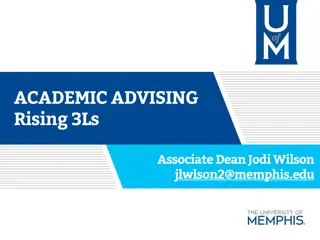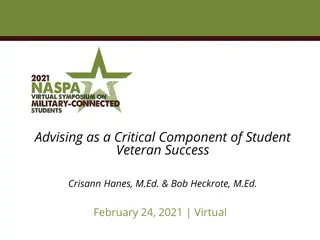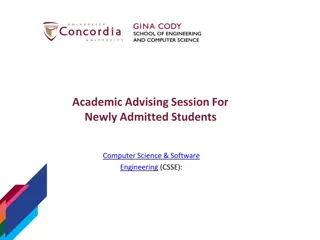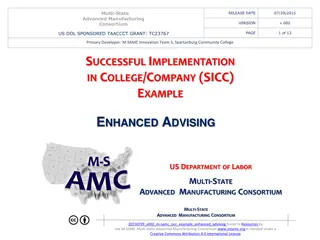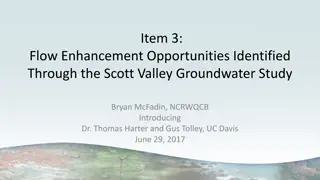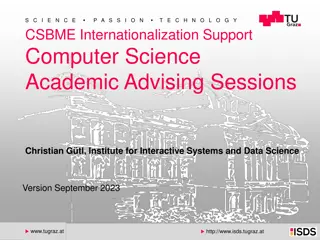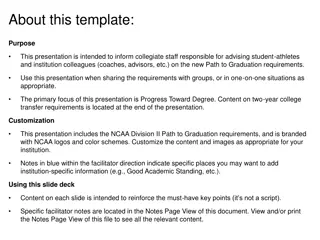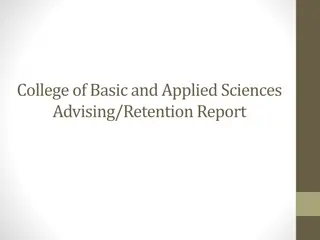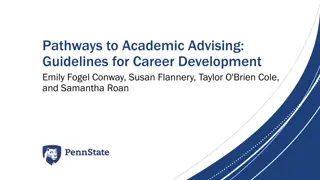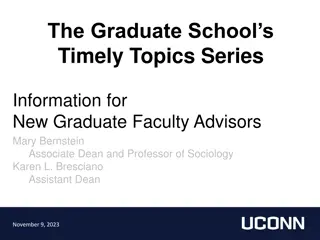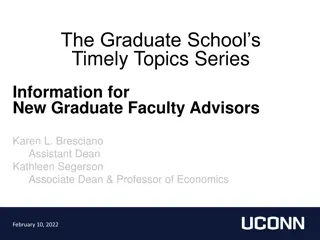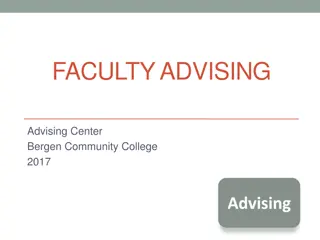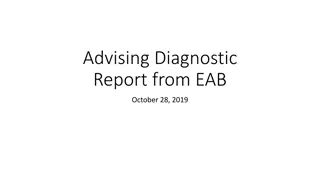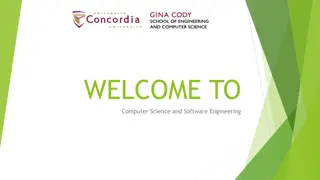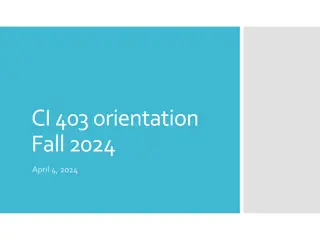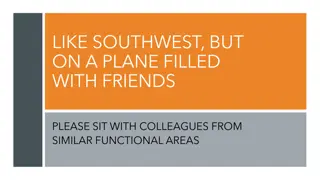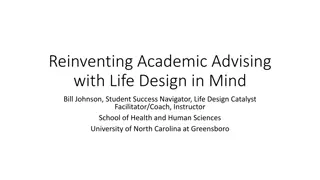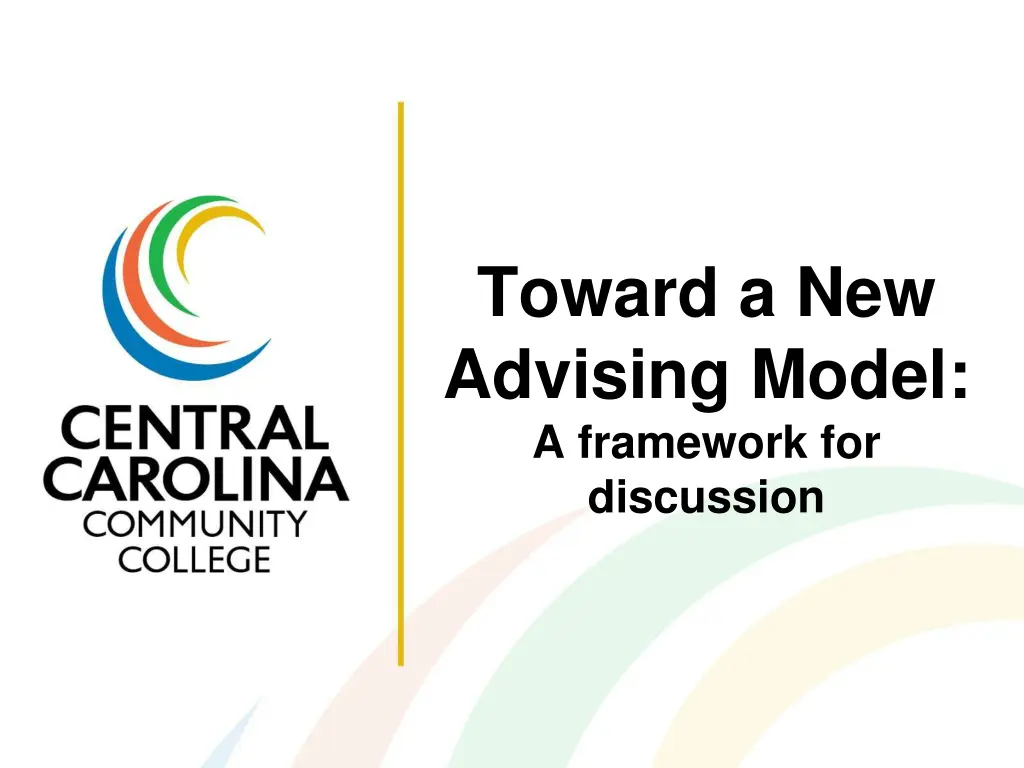
A New Framework for Effective Higher Education Advising
Explore the evolution of higher education advising, the importance of a refined advising framework, and key considerations for institutions to enhance student success through comprehensive advising services.
Download Presentation

Please find below an Image/Link to download the presentation.
The content on the website is provided AS IS for your information and personal use only. It may not be sold, licensed, or shared on other websites without obtaining consent from the author. If you encounter any issues during the download, it is possible that the publisher has removed the file from their server.
You are allowed to download the files provided on this website for personal or commercial use, subject to the condition that they are used lawfully. All files are the property of their respective owners.
The content on the website is provided AS IS for your information and personal use only. It may not be sold, licensed, or shared on other websites without obtaining consent from the author.
E N D
Presentation Transcript
Toward a New Advising Model: A framework for discussion
Three truths of advising? Advising is really important to student success. o Advising doesn t just happen because a process has been labeled as such. o We don t do advising as well as everyone else does. o
A REALLY brief history of higher ed advising o Prescriptive, primarily faculty advising focused on transactional aspect o Student development theorists advocated for developmental advising o Student diversity increased, programs expanded, advising models emerged Percentage of 18- to 24-year-olds enrolled in degree-granting postsecondary institutions 1970 through 2015 60.0 50.0 40.0 30.0 20.0 10.0 Digest of Education Statistics 0.0 White Male White Female Black Male Black Female Hispanic Male Hispanic Female And still, advising is not usually awesome. Why not?
Toward an advising framework? o Does your institution have a clear advising mission? o Does your advising program have broad institutional support? Is it part of your culture? o Has your institution aligned services to make onboarding and transition to advising seamless?
Toward an advising framework? o Does your institution put additional resources and emphasis on first semester advising? o Does your advising program emphasize career exploration and career decision- making? o Does your advising program prioritize academic planning and goal setting? o Does your advising program address financial planning/options?
Toward an advising framework? o Has your institution refined program pathways for transfer to facilitate use of BDPs? o Does your advising program offer initial and ongoing advisor training and professional development? Tool-kits? o Does your institution make available easy- to-use transfer resources for advisors and students?
Toward an advising framework? Clear advising mission Institutional and cultural support Aligned onboarding services with advising First semester advising emphasis Prioritize career exploration Prioritize academic planning and goals Include financial planning Refined program pathways Advisor training Readily available transfer resources
What you not see in this framework? Best advising model (professional, faculty, split, etc.) Advisee/advisor ratios What and when the handoff to advisors occurs What technology needs to be used Special advising program emphases like TRiO, Success Coaching, mentoring, etc.
The mission of the NC Community College Advising Association (N3C2A) is to promote student success across the state s 58 community colleges by providing resources, professional support, and a collaborative platform for advising personnel. The N3C2A Executive Board Scott Byington, Chairperson, Central Carolina CC Reese Linnell, Vice-Chairperson, Stanly CC Christine Nicodemus, Secretary, Pitt CC Jenn Selby, Policy Liaison, Rowan-Cabarrus CC Timothy Maddox, Professional Development Officer, Lenoir CC Marcia Miller, Membership Officer, Rowan-Cabarrus CC Kathy Rusch, Board Member, Wake Tech (Southern Wake Campus) marcia.miller@rccc.edu

